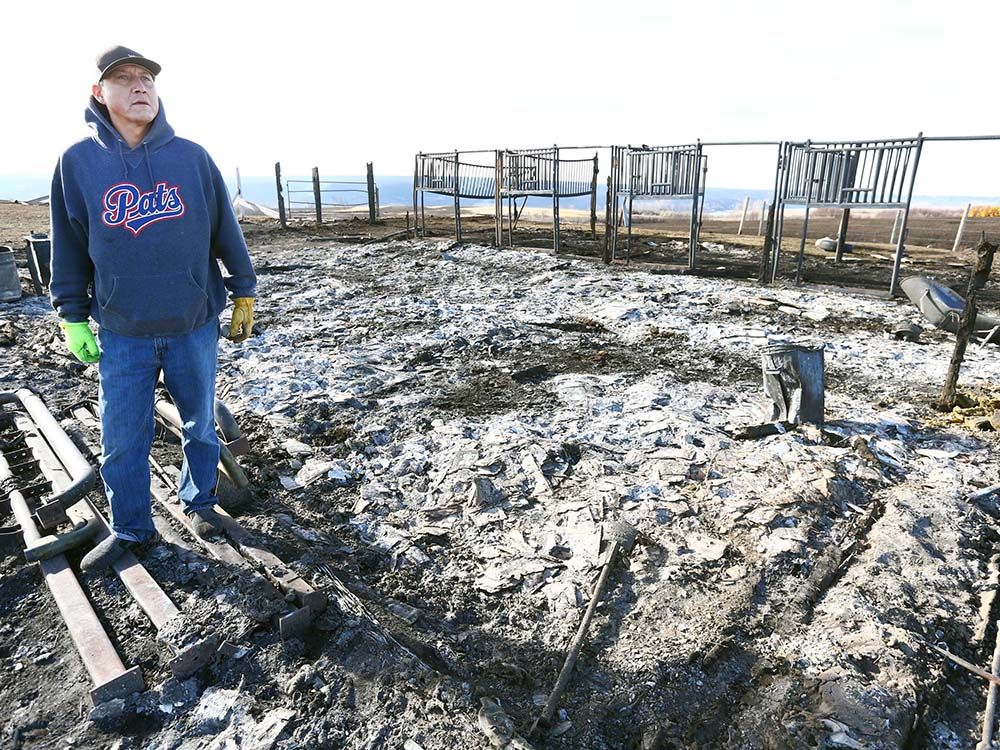
As wildfires continue to ravage communities across the globe, leaving behind a trail of devastation, the human toll becomes increasingly apparent. Heartbreaking stories emerge from the ashes, each carrying a different tale of loss and resilience.
Wildfires claim not only property but also precious lives. In the recent Northern California wildfire, at least 85 people have been confirmed dead, while hundreds more remain missing. Those who survived the blaze are left to grapple with the loss of loved ones, homes, and livelihoods.
For example, a family in the town of Paradise tragically lost three of their children in the fire. The parents, devastated by their loss, are now facing the immense challenge of rebuilding their lives while coping with the unimaginable pain of their children's deaths.
In addition to the human toll, wildfires inflict significant economic damage. Homes, businesses, and infrastructure are reduced to rubble, leaving communities financially devastated.
In the 2018 California wildfires, over 14,000 homes were destroyed, causing an estimated $9 billion in property damage. Many affected residents have lost their life savings and face a bleak economic outlook as they try to rebuild.
Wildfires also have a profound impact on the environment. The burning of vegetation releases vast amounts of smoke and pollutants into the atmosphere, leading to poor air quality and respiratory problems.
Moreover, wildfires destroy natural ecosystems, reducing biodiversity and threatening endangered species. The loss of vegetation can also increase erosion and alter water patterns.
The issue of wildfire management is complex, with different perspectives on the best approach. Some argue for more aggressive firefighting techniques, while others advocate for controlled burns and forest thinning to reduce fuel loads.
Proponents of aggressive firefighting believe that it is essential to extinguish wildfires as quickly as possible to protect lives and property. However, critics argue that this approach often leads to the destruction of healthy ecosystems and can be counterproductive in the long run.
Advocates of controlled burns and forest thinning contend that these practices can reduce fuel accumulation and mitigate the intensity of wildfires. However, opponents express concerns about the potential negative impacts on wildlife and air quality.
As the frequency and intensity of wildfires increase, it is crucial to draw lessons from past experiences and implement effective mitigation strategies.
- Improved early detection and warning systems: Timely information can save lives and give communities time to evacuate.
- Investment in fire-resistant building materials and construction techniques: This can reduce the risk of buildings igniting during wildfires.
- Forest management practices that reduce fuel loads: Controlled burns and forest thinning can help create defensible spaces around communities.
- Education and public awareness campaigns: Educating people about wildfire risks and preparedness measures is essential for reducing losses.
The devastating toll of wildfires has a profound impact on individuals, communities, and the environment. Heartbreaking stories of loss and resilience emerge from the ashes, highlighting the urgent need for effective management strategies.
By engaging with different perspectives, considering the lessons learned from past experiences, and implementing proactive mitigation measures, we can work towards reducing the tragic consequences of future wildfires and building more resilient communities.

Post a Comment